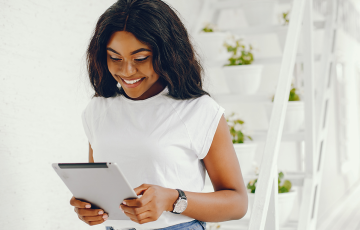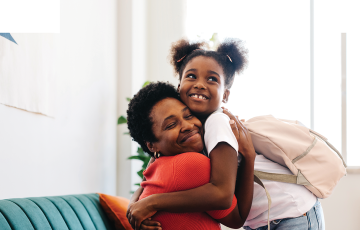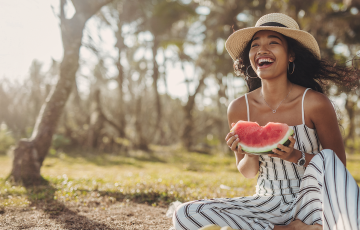6 lessons we’ve learned from lockdown
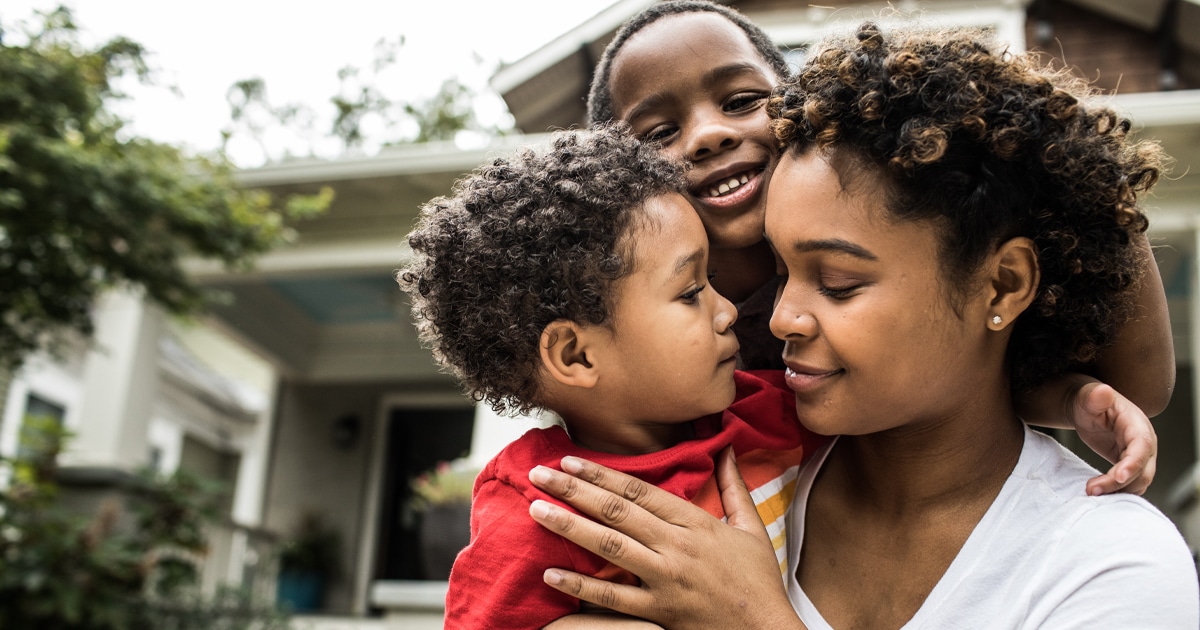
If the old saying that we learn the most from difficult times is true, then 2020 was our greatest teacher. Can reflecting on how we coped during this extreme time help us cope better in the future? Deidre Donnelly unearths some useful info.
Covid-19 rocked everyone’s world. We responded to the long lockdown in unique – and sometimes surprising − ways. The pandemic showed us that different personalities respond to life’s disruptions differently. Some people coped with the social isolation and seemed sad to see life return to ‘the new normal’. Others raged like caged animals, feeling depressed, anxious and powerless. It’s understandable.
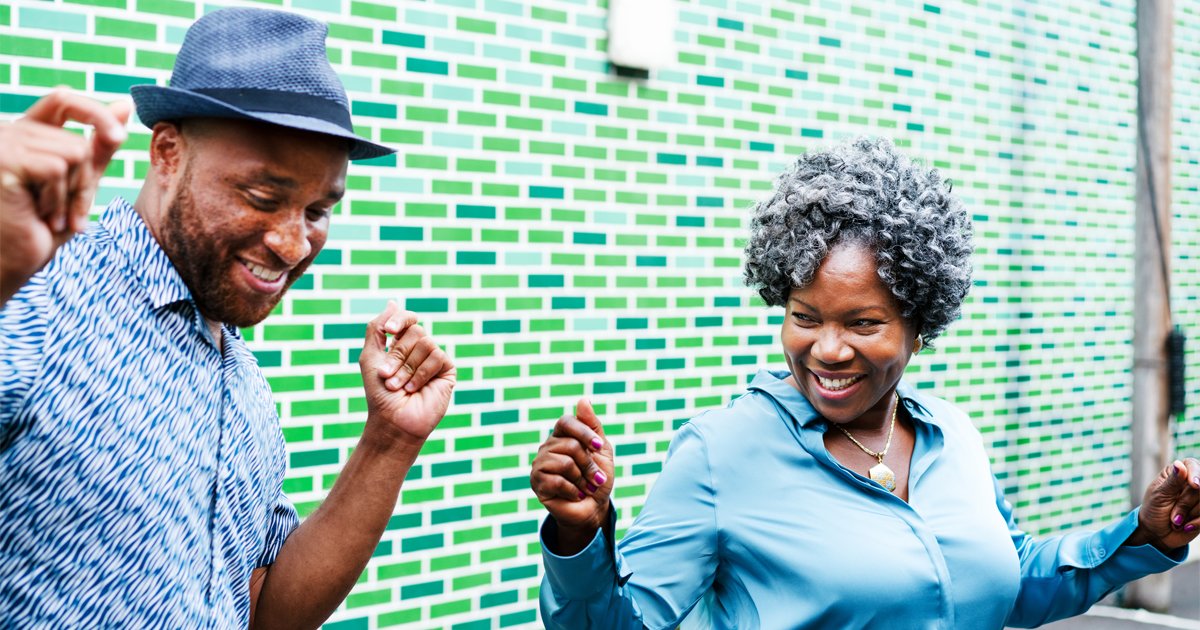
WHAT WE’VE ALL LEARNT FROM LOCKDOWN
Connection – and community − is key: we’re social beings, so isolation can make us lonely. ‘People who are well supported and connected deal better with life’s disruptions,’ says Van Rooyen. We need emotional resilience. A study by the University of Johannesburg (UJ) and the Human Sciences Research Council (HSRC) looked at how the Covid-19 lockdown impacted South Africans’ mental health. In the survey, people were asked if they’d felt stress, fear, frustration, depression, sadness and anger. Over two months, the number of distressed black South Africans went down from 43% to 29%.
SELF-COMPASSION IS VITAL
When external validation is lacking, we must be the ones to pat ourselves on the back and say, ‘It’s okay. You’re okay.’ Orkin says: ‘A few extra kilos or lower marks on a school report don’t mean you failed.’
ROUTINES PROVIDE SAFETY
Waking up, getting dressed, sitting down for meals at regular times… these things matter. ‘Many parents were so busy “surviving”, they didn’t realise their adolescents were spending increasing time on their cellphones, playing games,’ says Van Rooyen. ‘I see many teenagers struggling with anxiety because of lack of routine. Something so small can make a big difference.’
TECHNOLOGY ISN’T ALL BAD – BUT ‘DOOMSCROLLING’ CAN BE
The internet helped us stay informed and connected. But, says Van Rooyen, ‘Social media and news played a massive role in increased anxiety.’ When he was diagnosed with Covid-19, as a single parent he had to self-isolate with his young daughter. ‘I decided not to watch any news or read Covid-related posts on social media. It made a difference.’ Remember, this too shall pass. ‘We must mentally believe that this won’t last forever,’ says Van Rooyen.
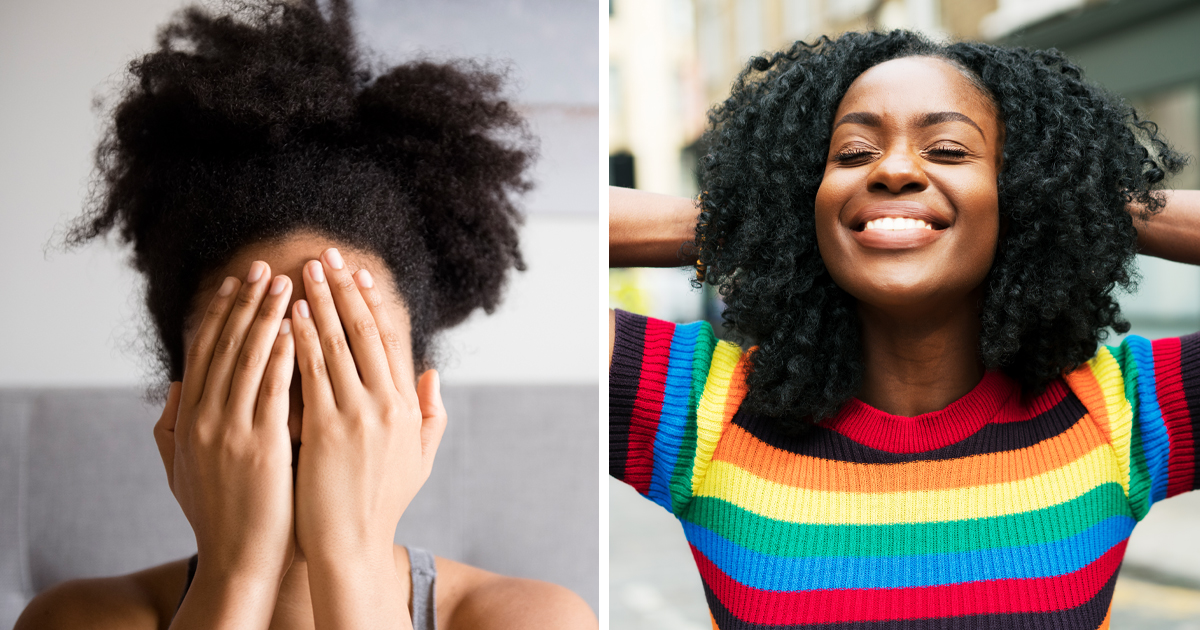
LOCKDOWN PERSONALITY TYPES
The pandemic prompted a lot of research into how people coped. A study by Kings College London identified three responses: accept, suffer or resist.
The Accepters carried on with their lives, reporting less anxiety or sleep issues. Given their age (55 to 75), they understood why lockdown was important for their health. This group had the least financial worries. Their financial stability perhaps explains why they didn’t lose much sleep.
The Sufferers battled. Two-thirds of these anxious, depressed and sleep-deprived types were women. Given how domestic and parenting chores rose, it’s not surprising. This group also checked social media updates most often.
The Resisters, the minority – mainly 16 to 24 years old – dismissed the severity of the situation. However, most of them expected to be hugely financially impacted by lack of work. This fear may have caused them to flout authorities’ rules.
Another study, by researchers at the University of Rennes, France, looked at how people handled being at home across six measures: stress, anxiety, loneliness, preference for solitude, personality and creativity. Three personality types emerged.
The Affiliative personality
These self-reliant introverts didn’t feel too lonely and tended to turn to creativity.
The Emotionally Unstable Lonely personality
Knowing what brings you happiness is important. Hobbies like baking, drawing, exercising, dancing or gardening can lift your spirits in tough times.
CELEBS ON THEIR COVID-19 EXPERIENCE
The virus was a great leveller – everyone was forced to stay home, even our VIPs. We asked two what kept them sane…
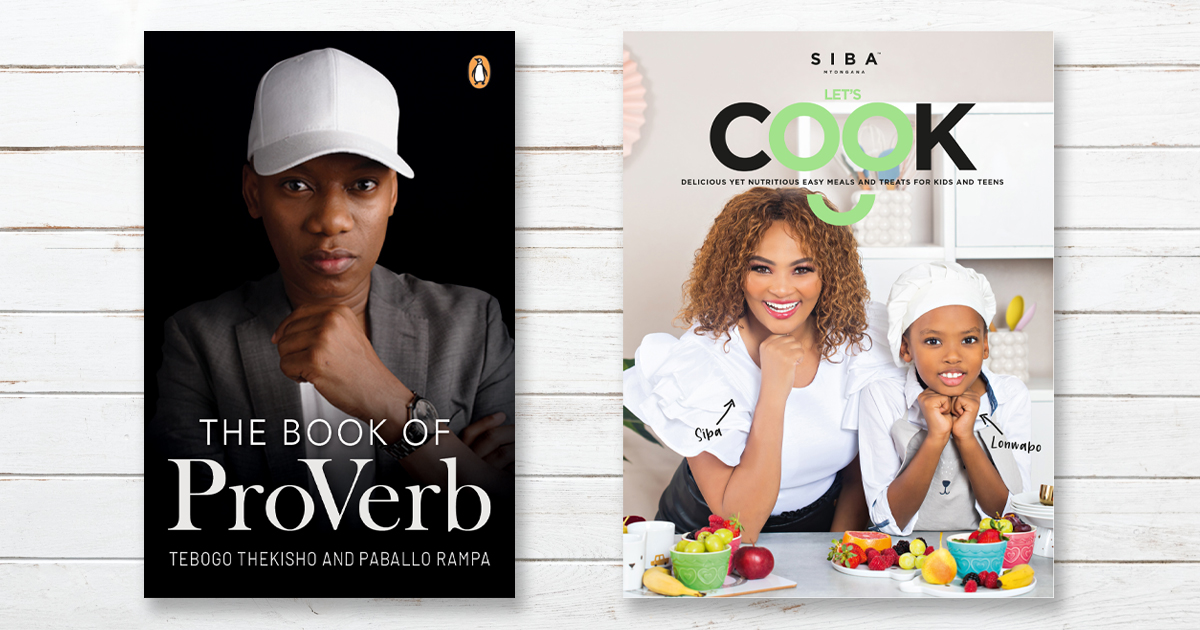
PROVERB: RAPPER, RADIO PERSONALITY AND MUSICAL LEGEND.
Answer: ‘Being an introvert and homebody, I enjoyed it. But many of my gigs were cancelled or postponed, so I was anxious about income. I also lost my grandmother. It was tough arranging the funeral, but my sister and I managed to give her a dignified send-off.’Question: What got you through it?
Answer: ‘I had to generate online business and take on some digital campaigns. I built a small home studio and did my Kaya FM radio shows from there.’
Question: What did you learn about yourself?
Answer: ‘I enjoy being home! When there was little to no work I kept busy by writing my memoir with sis Paballo [Rampa], updating my website, pitching for new digital business and filming content for social media. I’m resilient and can adapt.’
Question: Did you pick up any new routines?
Answer: ‘Lockdown stimulated my appetite for empowering myself. I took online courses in tax law, property development and investment. I’m busy doing an investment management course.’ The Book of ProVerb (Penguin Random House) is out now.
SIBA MTONGANA: CELEBRITY CHEF.
Question: How did you handle lockdown?
Answer: ‘It was crazy, being full-time home-school teacher, chef, hairdresser, trainer, business owner, partner and more! I was transparent with my husband, Brian, and let him know when I needed time off – just to sleep, haha! Exercising made me feel great, and me time – to do my nails, read a book, listen to podcasts or watch movies. I’m thankful to be healthy and alive, and surrounded by loved ones. I’m thankful for frontline workers, farmers and retail assistants. Covid-19 reminded us of all the small things we take for granted.’
Question: What did you learn about yourself?
Answer: ‘I’m far more resilient than I give myself credit for. I realised quickly we’d have to be agile. Our family structure and daily routines changed drastically and my business, The Siba Co, was greatly affected. We adapted business models and operations quickly, which kept us going. I also created my very first kiddies’ cookbook. I’ve learnt that passion, resilience and a whole lot of determination can get you almost anywhere.’
Question: Did you pick up any habits, skills or routines, and what will you take with you from this experience?
Answer: ‘I’ve become more structured. Lockdown was challenging for our family, as it was for most. I established new routines for each of us, to create boundaries and space to do what was needed, as best as possible. Our family is stronger now. I also enjoyed gardening – now to sell some organic veggies at the farmers’ market! I’m taking self-care, being agile and holistic living with me. And being spiritually strong and sound for my mental health in these hard times.’
Siba’s new book, Let’s Cook: Delicious Yet Nutritious Easy Meals And Treats For Kids and Teens (Penguin Random House), is available now.
Related articles

Latest Jet club magazine
We’ve got the latest trends, exciting prizes and exclusive savings just for you!
Jet Club will not pass your details to anyone else. By clicking the subscribe button you confirm you have read and agree to the Jet Club Terms and conditions and Jet Club Privacy Statement.
Subscribe